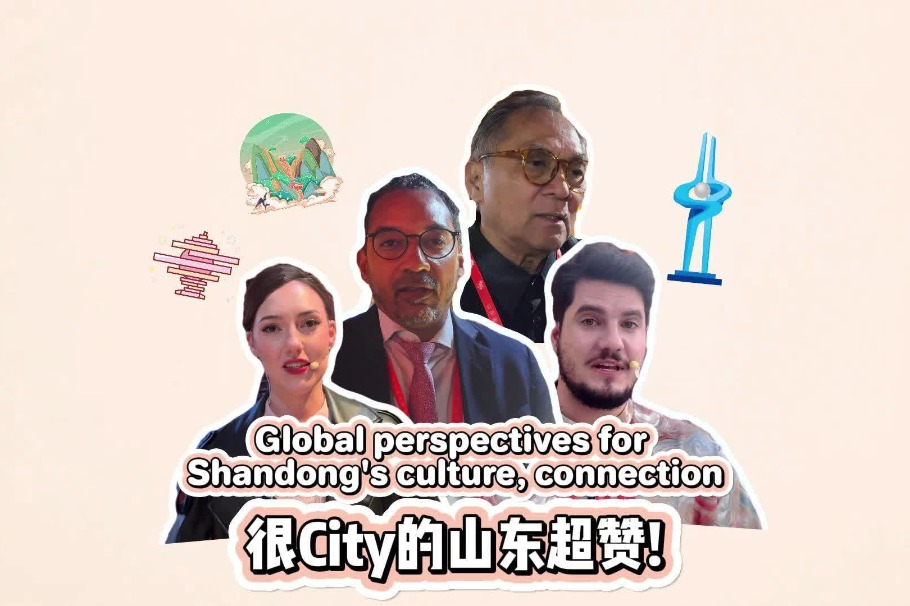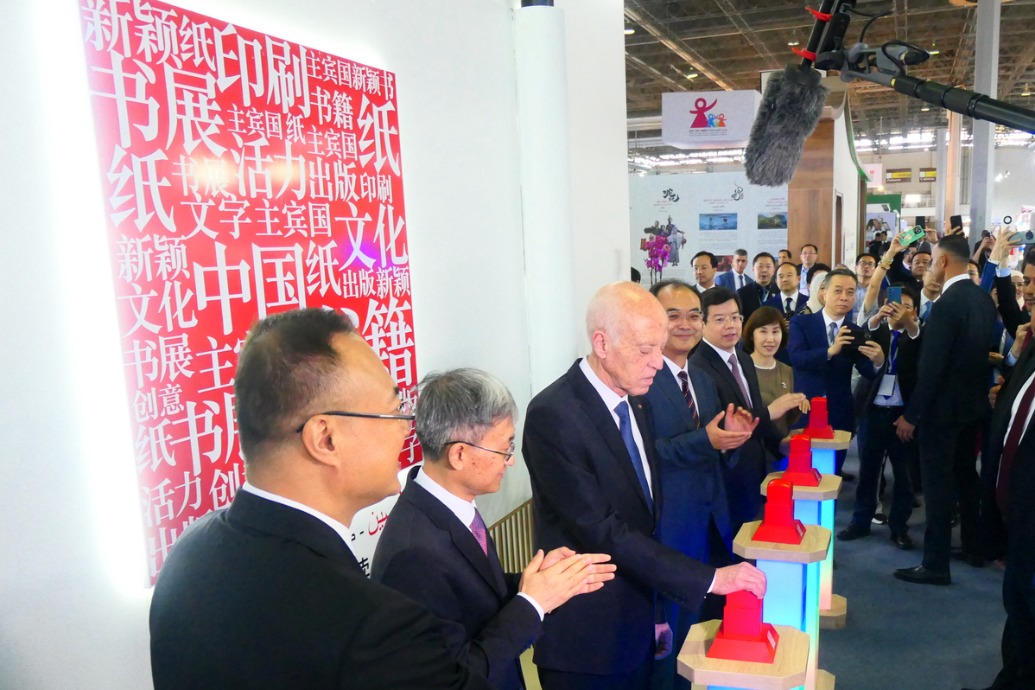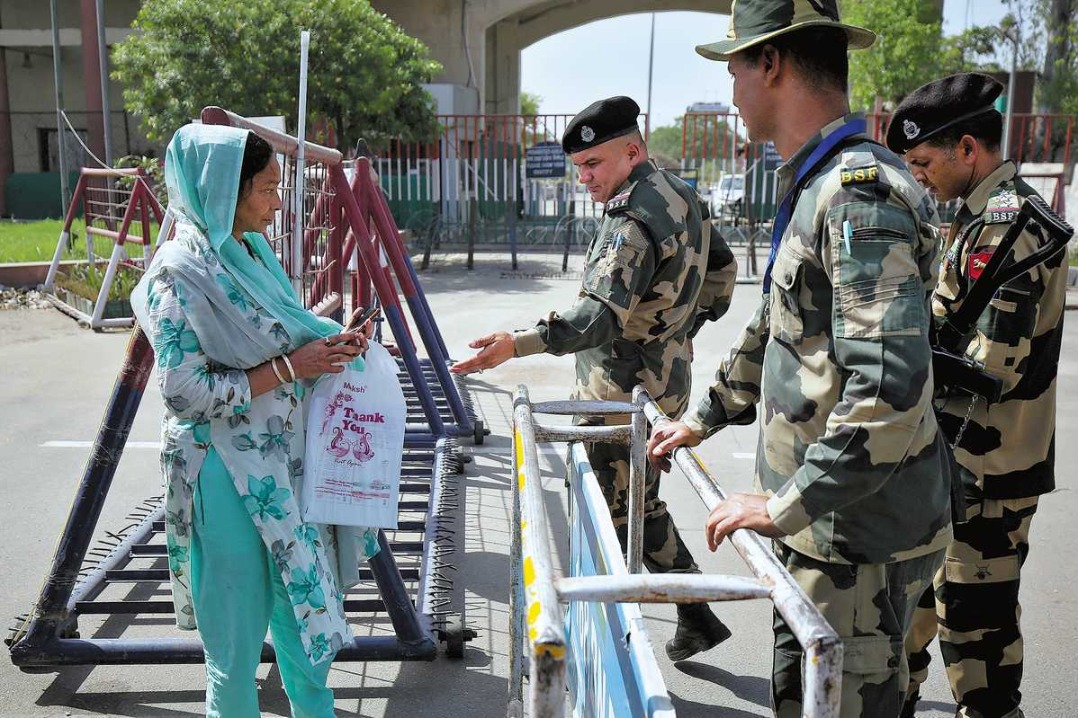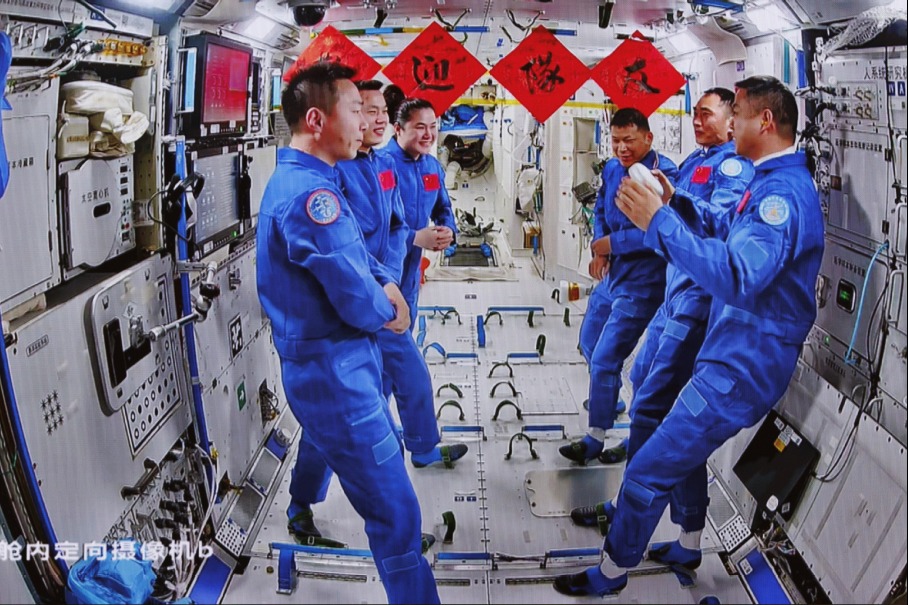Argentine women waging pitch battle against inequality

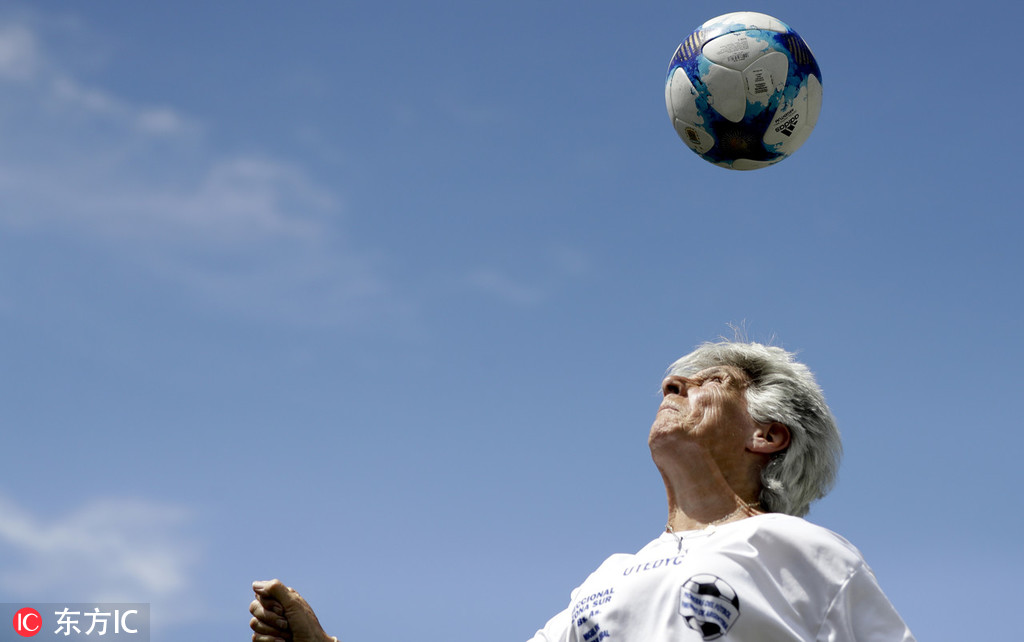
The Copa Libertadores Femenina has been the premier women's club tournament in the region since 2009. Brazilian teams have dominated the competition, but Atletico Huila of Colombia won last year.
The prize money for the champion was $55,000, and there was some controversy when one of the players said the money would go to the men's team, although the issue was later resolved.
There have, however, been some recent improvements in the women's game.
Ahead of last year's World Cup qualifying tournament, the Argentina women's team was allowed to train at the same complex where Messi and the rest of the country's male team prepares for games, grounds that until recently were reserved for men only.
The Argentine team's progress and eventual qualification received the support of Barcelona superstar Messi and several professional Argentine clubs.
Many female players say they feel part of a cultural change driven by Argentina's strong feminist movement, which has mobilized tens of thousands to fight against violence against women and helped them gain ground in politics and the workplace.
A group of women known as the Pioneers of Argentine Female Soccer recently met at a field in Buenos Aires for a kickaround and to share memories about the challenges they have faced. A team of young men clapped when the women began to show off their skills.
"Some people would shout at us to go wash dishes," said Elba Selva, who scored four goals in Argentina's 4-1 victory over England in Mexico City during the 1971 World Cup, which was an unofficial, non-FIFA-sanctioned tournament. "We're so proud to be a part of this now."
Former goalkeeper Lucila Sandoval founded the group to try to keep the legacy of Argentine women's soccer alive.
"For us, who are no longer on the field, and who played with so much love, so much passion for the sport, we want to leave a legacy for these girls as they're fighting for professionalism," she said.
"What Maca Sanchez has done is the kickoff in a struggle that has been waging for a long time. Now we have the internet, Twitter, the media, and all of this makes it much more visible."
Associated Press














